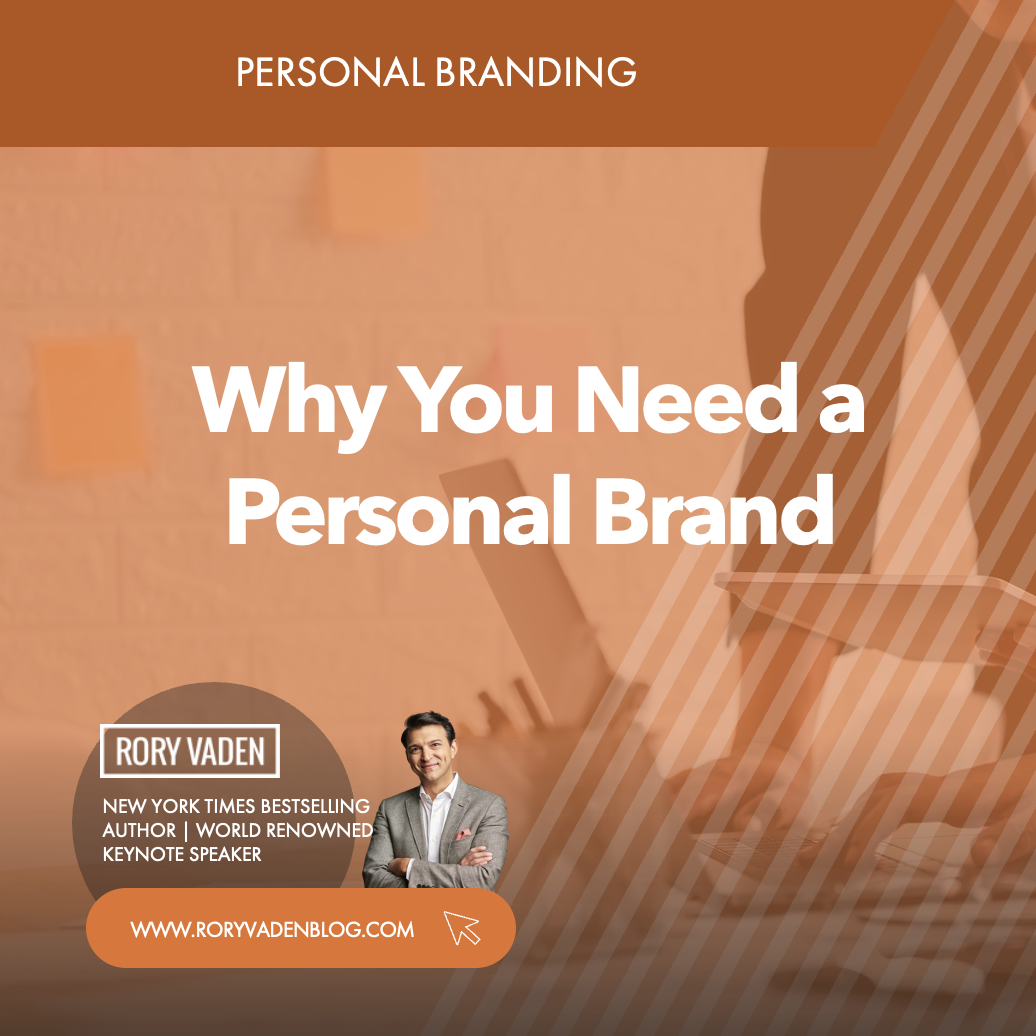- Prosperaptitude
- Posts
- Personal Branding- Underestimated Importance
Personal Branding- Underestimated Importance
Your brand is not your reputation
Welcome back to Prosperaptitude. If you’ve ever wanted to become a better version of yourself, you’re in the right place!
Personal Branding
Many of us never really understand personal branding because we miss the importance or don’t understand what it is. Let’s start with what it isn’t. It isn’t getting likes on Facebook. It isn’t getting retweets on X, but it is definitely related. The problem is that many get reputation confused with personal branding. Let’s clarify and then discuss why personal branding is important.

Definition
Reputation is the impression that people have of you. If managers think you’re easy to work with and multi-talented, that’s great, but personal branding is much more intentional. Personal branding is how you WANT people to see you. It is, as Rory Vaden of Brand Builders states, the digitization of your reputation. It was like a lightning strike when I heard first this phrase. It means you have a certain amount of control over what people think of you.
Importance
Here are some interesting statistics:
74% of Americans are more likely to trust someone with an established personal brand.
57% of Americans are more likely to refer someone with an established personal brand.
29% of Americans are more likely to date someone with an established personal brand.

The importance of personal branding cannot be more emphasized. In this digital age, greater trust is an absolute necessity.
How it’s done
First, you need to understand who you are and what makes you tick. Write down your values and goals and how you’d like to achieve them. Present yourself this way on Linkedin or the social media platform of your choice. Make your achievements known. This may be an uncomfortable process for people who do not enjoy talking about themselves, but it is necessary. No one else will know about your accomplishments unless you make it public. You must become your own cheerleader.

Alignment of values
Once you know yourself, consider reaching out and connecting to organizations that have similar values and are headed in a direction that you’d like to go. You can “follow” organizations on Linkedin, watch their posts, and how they present themselves.
Get to know the key players
If you already have companies in mind, connect to the key players of the company without being an annoyance. It might be awkward at first. Try interacting with them on social media if they are already posting. Ask them about themselves and their achievements.
Make yourself visible
Even posting a short blurb or phrase will help you become more visible. Got a new certification or license? Post it. Personally, I have been knocking out multiple certifications for skills I already have. Have something relevant to say about your industry? Create a short video or write about it. Use this to guide your public presence. Learn to control your narrative, build your brand, and you will have a personal brand you’ll be proud of in no time!
The writer has two graduate degrees and a yellow belt with Lean Six Sigma.
Please visit our sponsors:
References:


Reply